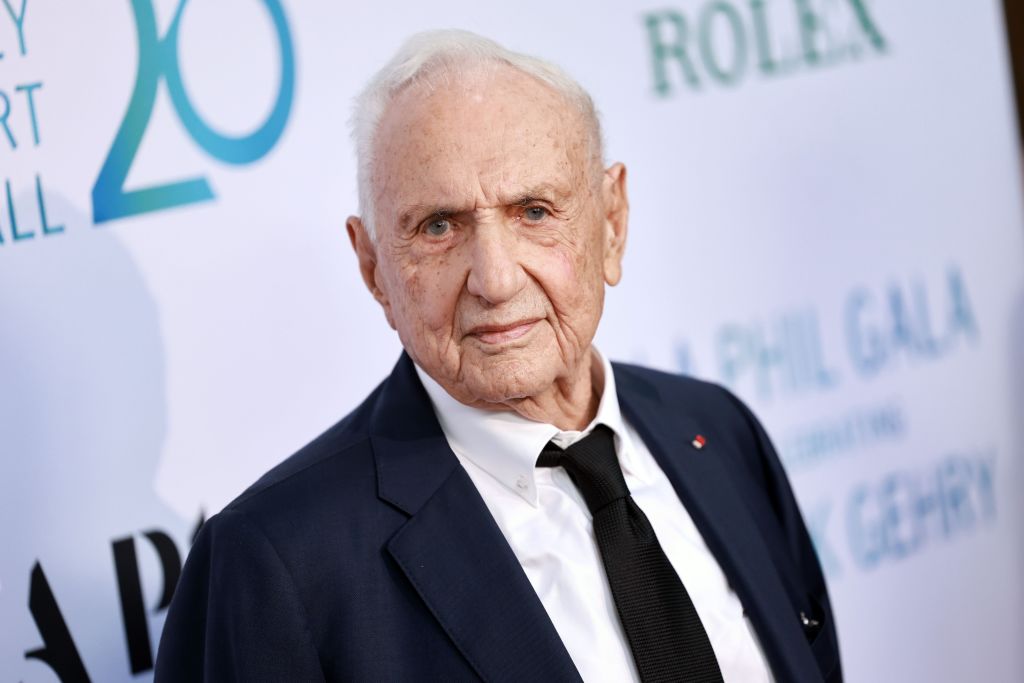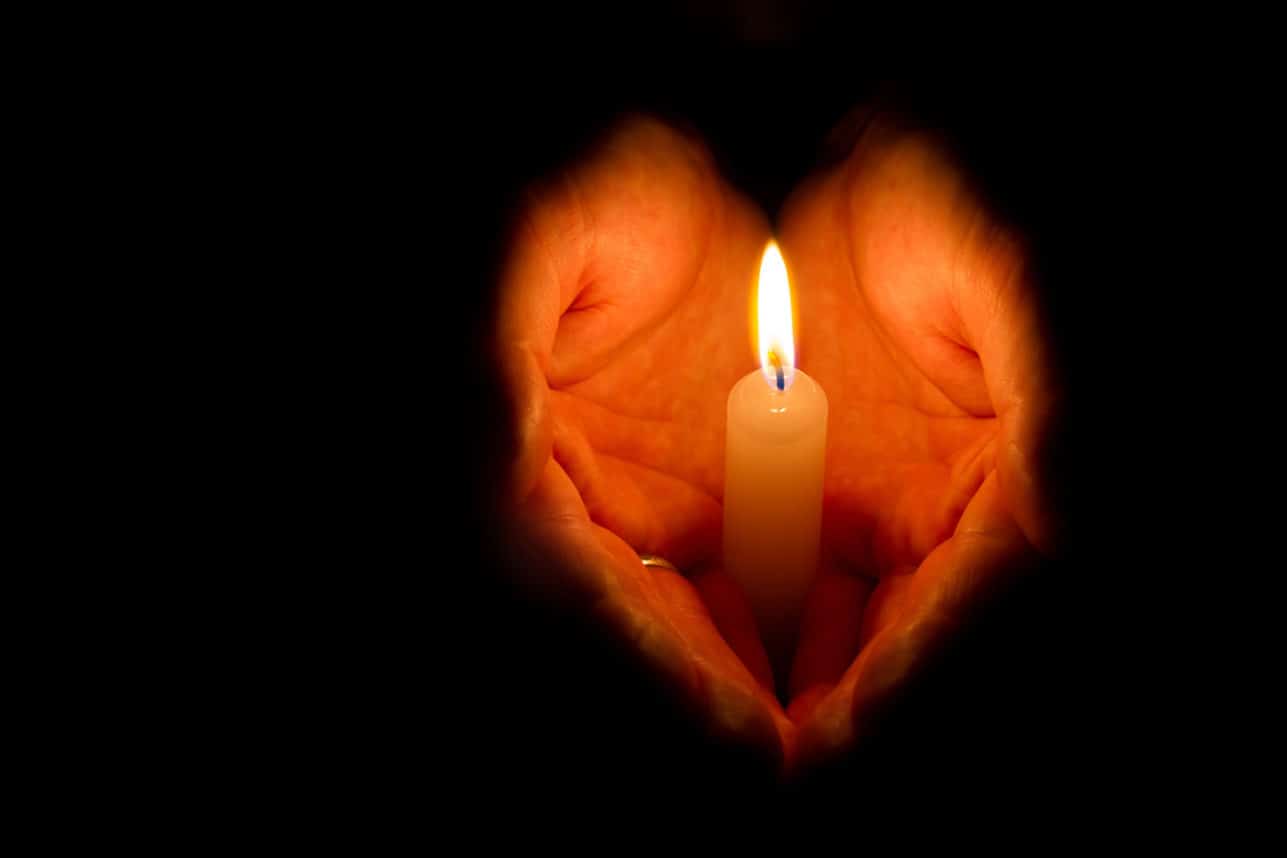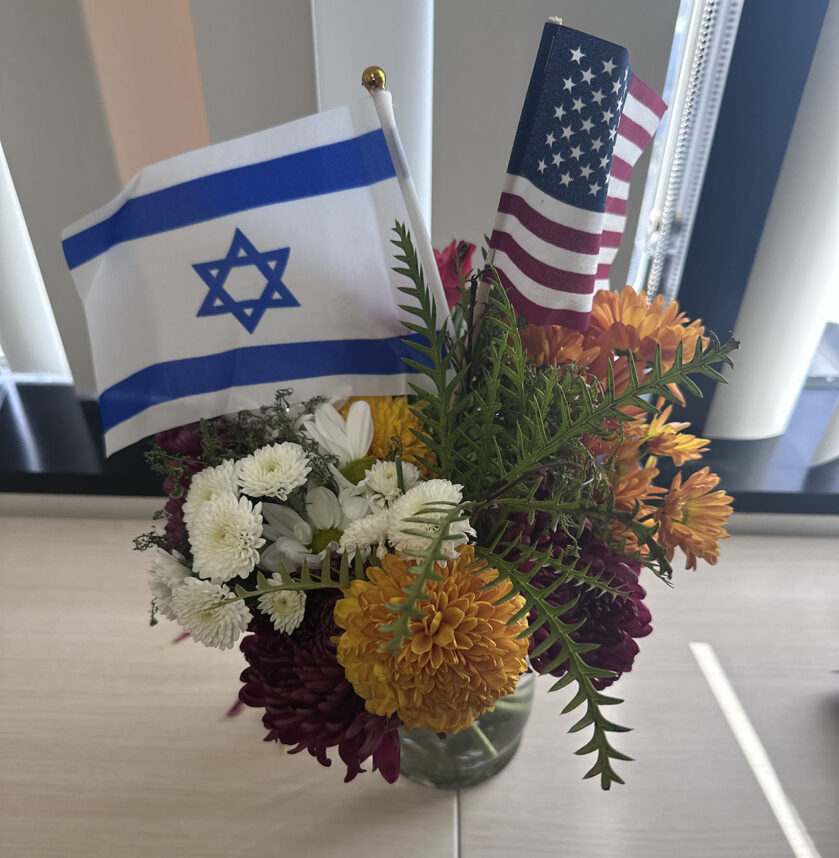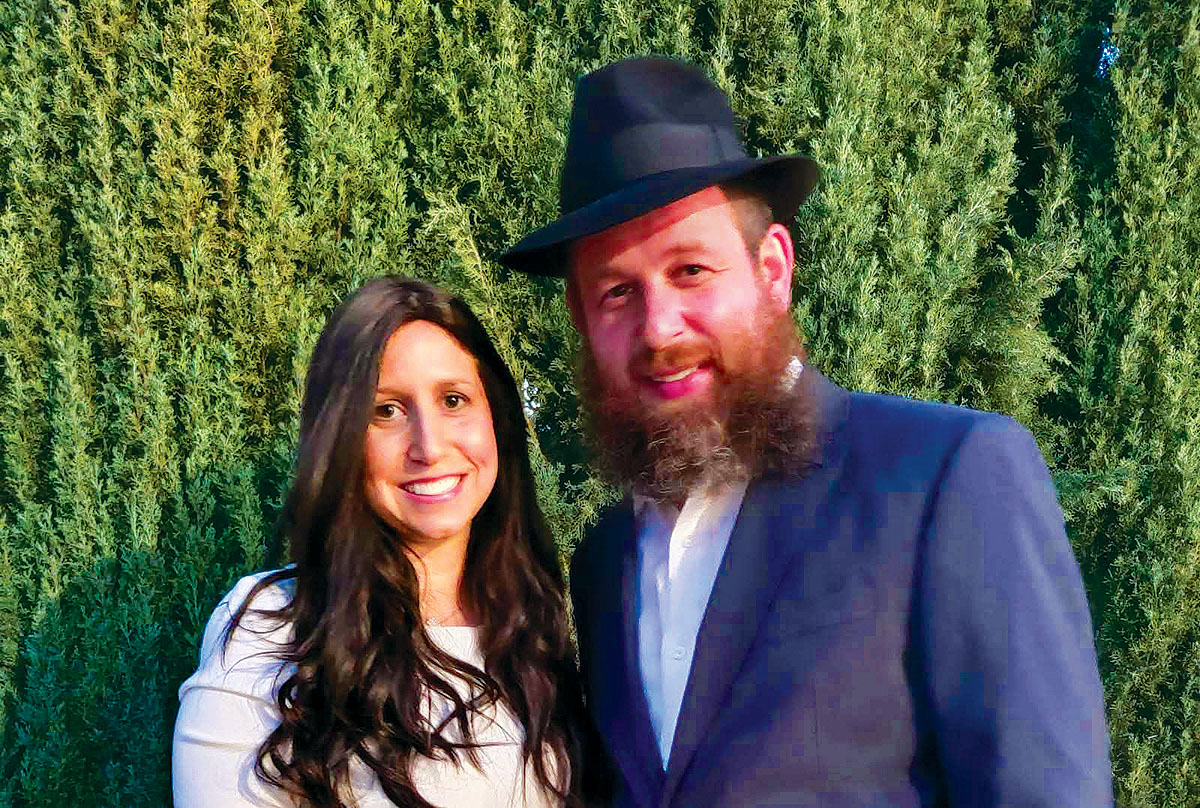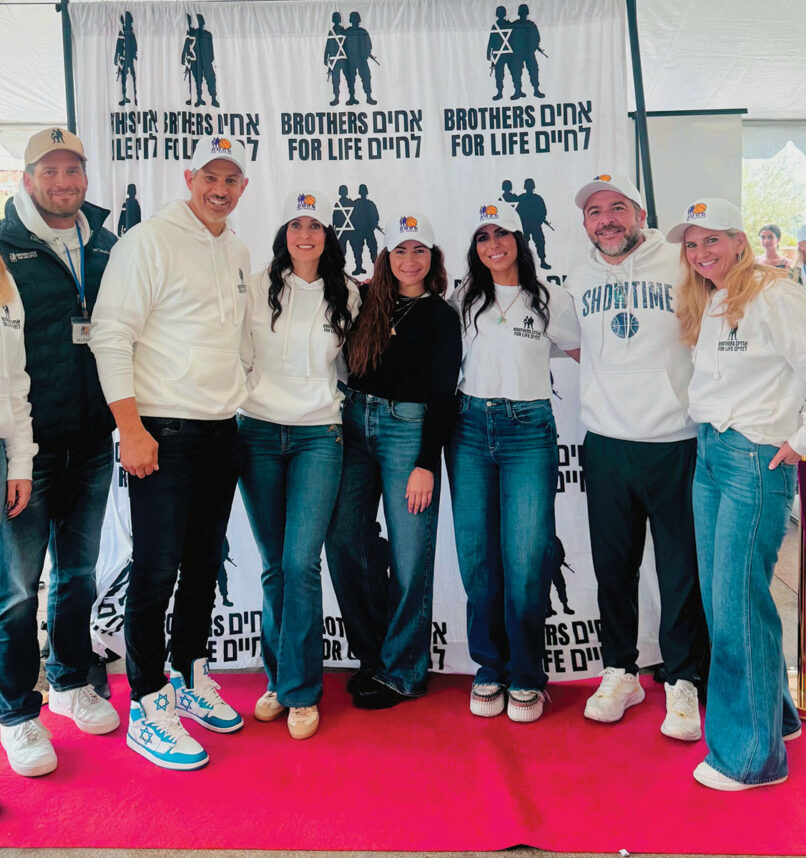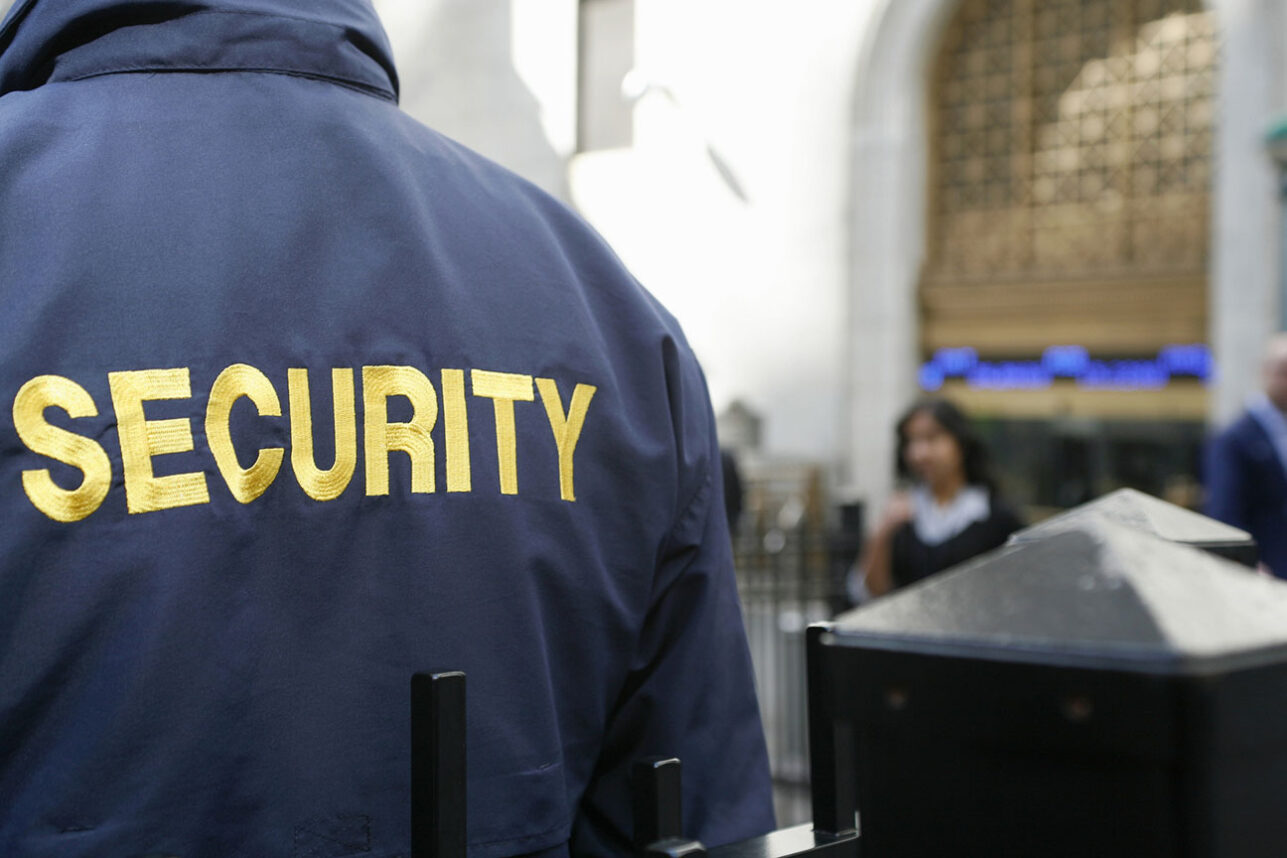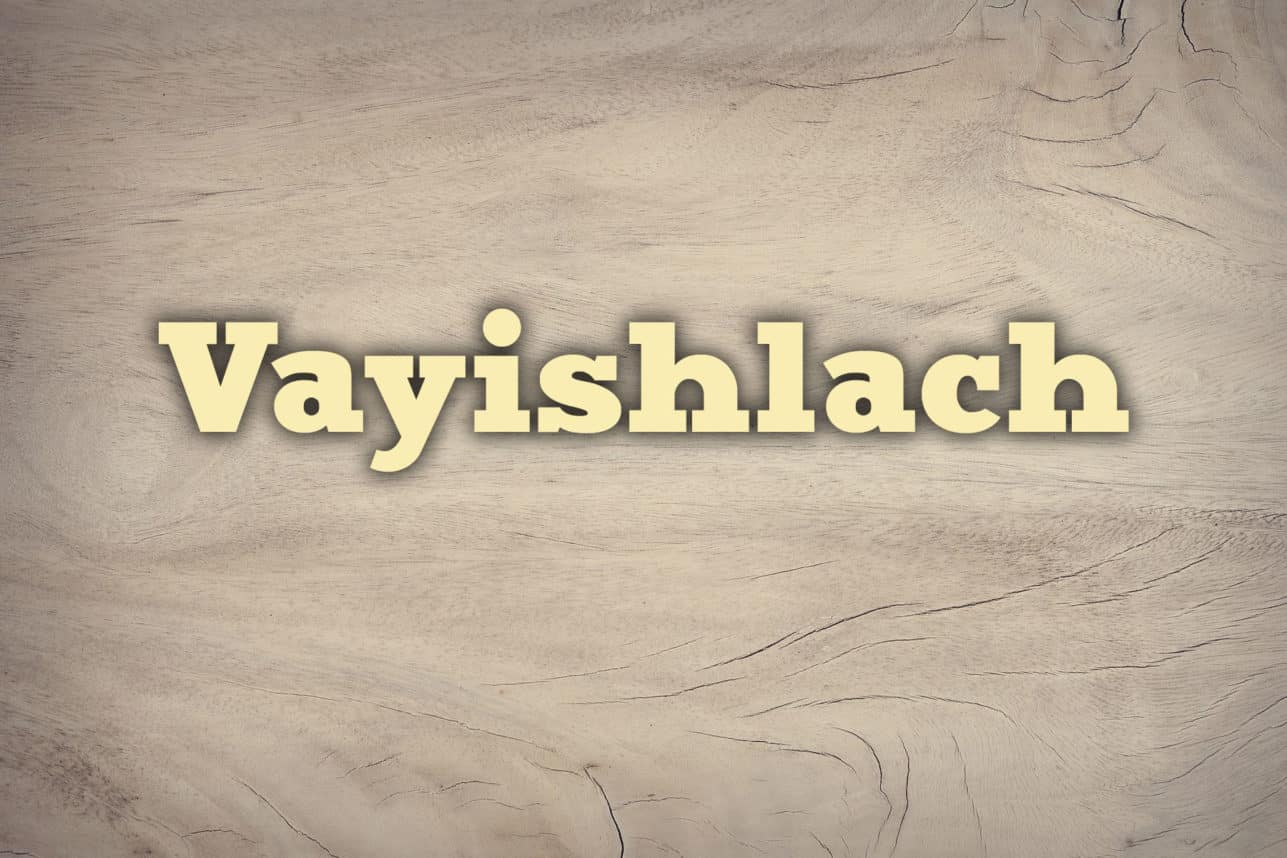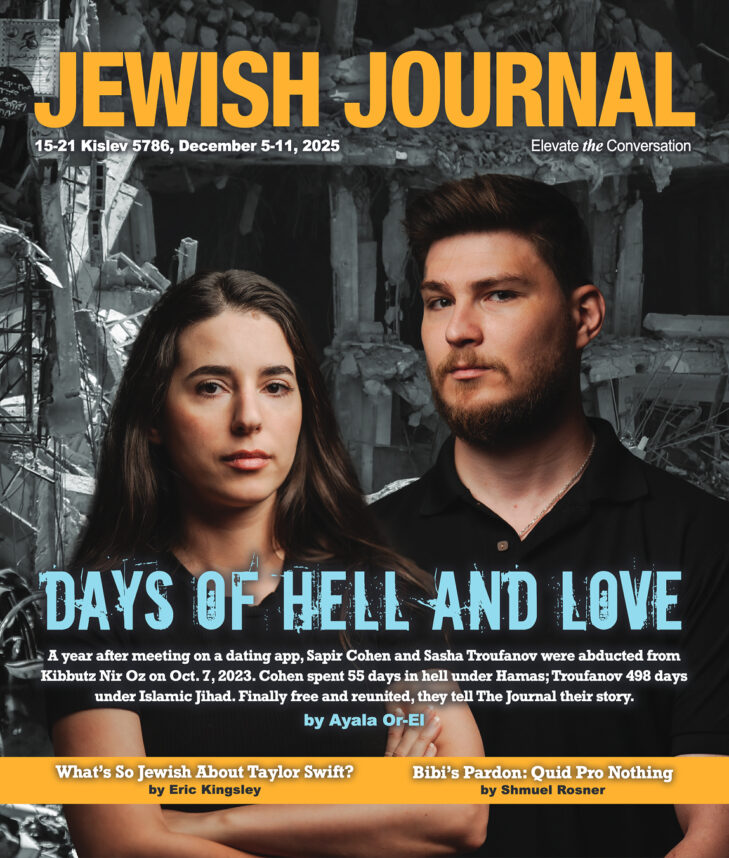In the hours immediately following the announcement of the Iran nuclear deal, the Jewish community fell victim to a rare and unbecoming phenomenon: groupthink.
The word went out from Zion, when Prime Minister Benjamin Netanyahu castigated the deal before it had even been released. Israeli opposition leaders joined in, and former Ambassador Michael Oren told a reporter that he Iran deal is a rare case of millions of Jews, one opinion: against the deal.
[MORE: The Iran deal survey]
Never mind that soon after the Israeli leaders made their proclamations, very serious, dissenting voices began to make themselves heard, especially among current and former Israeli security, intelligence and nuclear experts. “What we have here is a non-dialogue between people who don't want to listen. The agreement is not bad at all, it’s even good for Israel,” wrote, for example, Professor Isaac Ben-Israel, the head of the Interdisciplinary Cyber Research Center at Tel Aviv University, an expert on the Iranian research program and its significance for Israel. “The United States president said that the deal distances Iran from a nuclear bomb for a decade or two, and he is correct. It distances the threat for a long time, it averts an atom bomb for 15 years, and that’s not bad at all.”
But by then groupthink had spread to American Jewry, or at least its institutions. AIPAC made the historic decision to oppose the deal and lobby for its demise. The Boston and Miami Jewish Federations joined in. Mass rallies were quickly organized and held—one in Los Angeles this Sunday, July 26. And then, last week, the Los Angeles Federation did a “me too,” and sent out a press release urging Los Angeles Jews to lobby their representatives and Senators to oppose the deal. Presumably the Federation wants Congress to block the deal and force the president to negotiate a better one.
Now, in the scheme of things, the Federation’s action is not the biggest issue. The real issue is the Iran deal itself. It is complex, existential, and open to serious debate.
And that’s exactly why the Los Angeles Federation made a wholly unnecessary but completely reparable mistake by urging its members to defeat the Iran deal. In doing so, it misrepresented the people it purports to represent, alienated a good chunk of them, and clouded, rather than clarified, the Iran deal debate.
Last week, just as the Federation released its letter, the Jewish Journal published the results of a national survey we conducted of American and American Jewish opinion regarding the Iran deal. The poll found that 54 percent of American Jews want Congress to approve the deal and 35 oppose Congressional approval. Jews support the deal itself 48 percent to 28 percent, while all Americans are only 28 to 24 percent in favor of the deal. How, then, could any Jewish organization opposing the deal claim to be speaking for the majority of American Jews?
You could argue that on issues of great urgency, a Federation must lead, not follow. Perhaps. But educating, building consensus and incorporating dissent on controversial issues are the hallmarks of leadership—and nothing close to that has happened. This is an ongoing, political and– here's that word again– complex issue that cannot be dispensed with via press release. Read the starkly opposing opinions of the deal that the Jewish Journal has published over the past month, some pro-deal, some anti, some conflicted. Pay attention to Rabbi John Rosove’s thoughtful public dissent. Listen to the speakers at the passionate anti-deal rally on Juy 26 Attend the upcoming August 2 community debate at Beth Jacob Congregation, with brilliant speakers on all sides of the issue, which the Federation will co-sponsor. There is a real debate going on over this issue. If the Federation wants to lead on this issue, wonderful—but first, listen.
As a broad-based community organization Federation could use its substantial resources and reach to provide detailed information on the deal and its consequences. It could convene meetings with experts offering differing points of view. It could channel the feedback of various and undoubtedly conflicting constituencies back to congressional representatives, to help them arrive at their decision. In so doing, it would become a more inclusive and open organization, for Jews across the political spectrum.
More importantly, it can still do all those things.
The Federation leaders can fix their mistake with one simple step: take it back. Send out a second letter saying that on further consideration, it is more important to lead the community in open, civil and thoughtful debate over this issue. That way, all Jews can get informed and engaged, and act on whatever conclusions they reach.
As our reporter Jared Sichel uncovered, 14 members of a 20-member executive committee made this decision without consulting the larger 45-person Federation board or, of course, the community at large. Now that we have been heard from, it’s time for a do-over. Impossible? Of course not. If the Federation can’t “renegotiate” a press release, how does it expect the United States, five nations and Iran to renegotiate a nuclear deal?
Rob Eshman is publisher and editor-in-chief of TRIBE Media Corp./Jewish Journal. Email him at robe@jewishjournal.com. You can follow him on Twitter and Instagram @foodaism.












